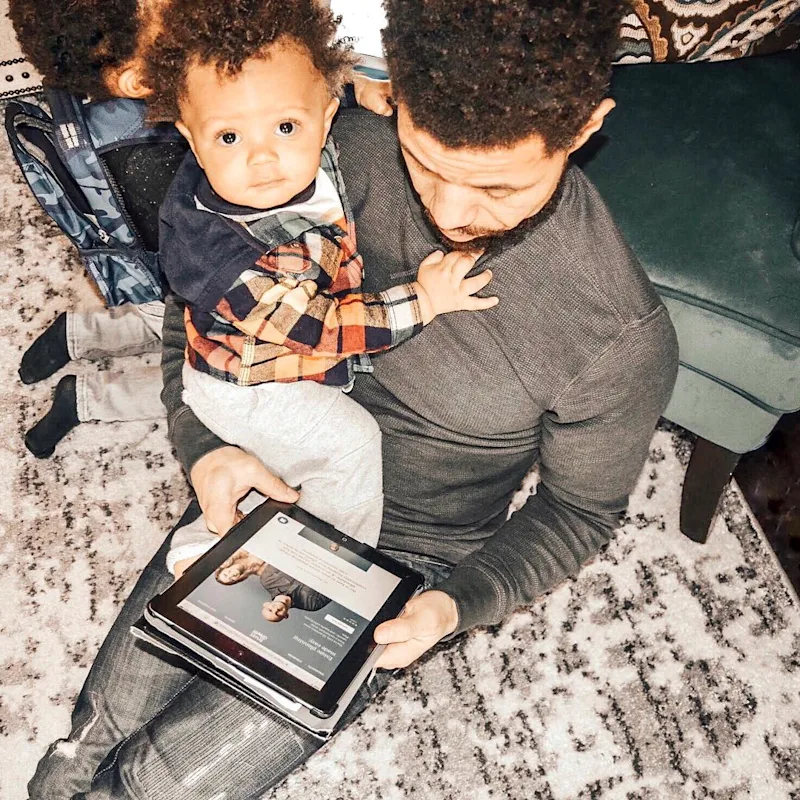
Dealing with the Death of a Tenant: 4 Steps for Landlords to Take
When a tenant dies, landlords can be left dealing with financial and legal repercussions. Here are four steps landlords should take after the death of a tenant.

By Staff Writer
Trust & Will
Being a landlord doesn't just entail keeping up with the maintenance and repairs of your property and the monthly payments to the bank. There are also many tenant-related issues to deal with, including late rent, damage, lease violations, and even eviction. So, when the unexpected happens, like a tenant's untimely death, it's good to know what your options are. Landlords may need to familiarize themselves with the type of legal recourse they have and how to start the process of getting the property cleaned if a tenant should pass away.
Having a tenant die unexpectedly isn't just tragic; it can be highly stressful and even expensive, depending on the circumstances and their level of preparedness. Here are four steps that landlords can take after a tenant dies:
Get Written Notification of Death
When a tenant dies, you will likely find out about it in one of two ways. Either they will be found on your property, or a family member or Executor of their Estate will contact you with the news.
If you discover the deceased tenant yourself, call the police immediately. They will contact the next of kin, or, if there is no next of kin, they can help you with information on obtaining a death certificate.
If you own a large apartment complex or are not familiar with your tenants, you may wait for Written Notification of Death from the family, Executor, lawyer, or another representative. This acts as a formal notice of the Decedent's death and allows you to begin thinking about future plans for the property, including renting it out again.
Secure the Property
Once you have received a Written Notification of Death, and if no one else is on the lease and still living in the unit, you have every right to secure the property. This includes making sure the doors and windows are locked. You may also change the locks. You can't be sure if your tenant had an extra key made to give to someone in case of emergencies. In that case, someone you don't know, who isn't on the lease, could let themselves in and out of the property, for whatever reason.
Changing the locks on the unit can give you peace of mind, knowing that no one is coming in and out of the property who isn't authorized to. By securing the property, you are keeping your tenant's personal belongings safe until their loved ones can collect them. It also protects you from liability if an item inside the unit is lost or broken.
If you must enter the residence, for instance, when securing the windows and doors, you may choose to record yourself. Having video proof of your actions inside the unit could end up protecting you should anyone accuse you of theft or causing damage.
After securing the unit, you can then arrange an appropriate time for the tenant's loved ones to remove their personal property and clean the unit. It may be necessary to set a deadline for when those items need to be collected, especially if you want to find a new tenant right away.
Ending the Lease and Last Month's Rent
The death of a tenant can come with serious financial setbacks. Many landlords rely on the income from their tenants to pay the mortgage or taxes on their property. The loss of income—even just one tenant's—could put the entire building in jeopardy. For that reason, most states guarantee the payment of rent for the remainder of a tenant's lease after their death. This comes out of the Decedent's Estate, paid by the Executor or next of kin.
For example, most lease agreements are at least one year long. If a tenant with a one-year lease dies unexpectedly in the third month, under most lease agreements, the tenant's Estate or next of kin would be responsible for paying the remaining nine months of rent. This type of lease provision is often referred to as a "renter's death penalty," and it's common practice across the country.
Some states have imposed limits on how many months a landlord can collect rent from a tenant's Estate after death. Landlords in Pennsylvania, for example, are only entitled to two months' rent after a tenant's passing, during that time their next of kin or Executor of their Estate would send the written notification of death.
Your property may have been damaged before your tenant's passing beyond standard wear and tear. In that case, you have the right to keep the security deposit to put towards the repairs. If there is no damage to the property and no other reason to hold the security deposit, you should return it to the tenant's Estate.
Release to the Rights of Possession
When the property is clear of all personal items and cleaned thoroughly, your tenant's next of kin will sign a Release to the Rights of Possession form. This is a standard, necessary form that acts as an insurance policy against a problem tenant or their loved ones.
The Release to the Rights of Possession form simply states two truths. First, it says that the tenant is no longer occupying the rental unit, for whatever reason, as of an effective date. Second, it states that all the tenant's belongings have been removed from the rental property.
Once the tenant's next of kin signs the Release to the Rights of Possession form, you are free to re-rent the unit to the next tenant.
When you invest in a piece of property, you want to know that it is taken care of, no matter what happens. You can't predict the future, but here at Trust & Will, a trusted online Estate Planning service, we can help you figure out where to start and what your rights are. By following these steps if a tenant dies unexpectedly, you can rest easy knowing that you are protecting your property while respecting your tenant's loved ones.
Is there a question here we didn’t answer? Reach out to us today or chat with a live member support representative!
Last updated: March 21, 2025



